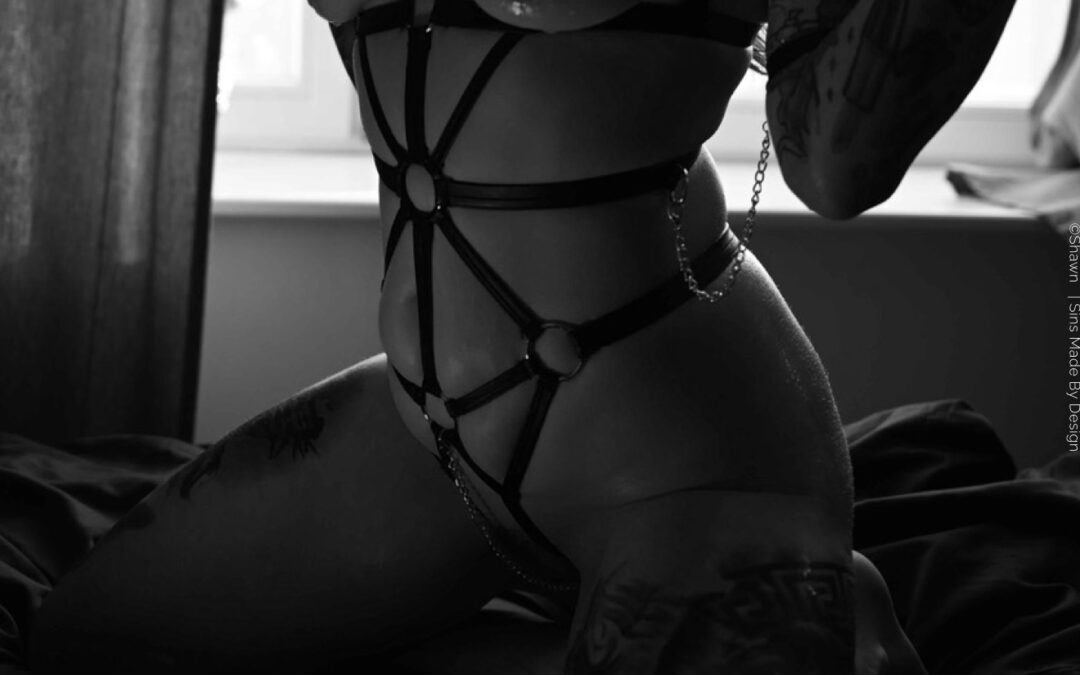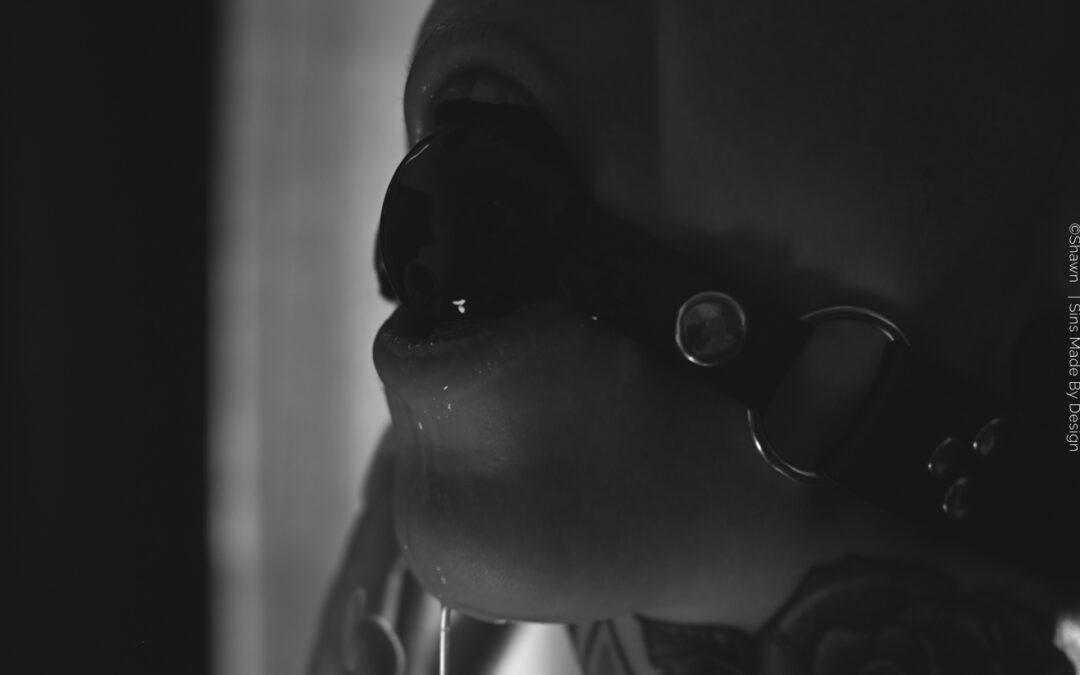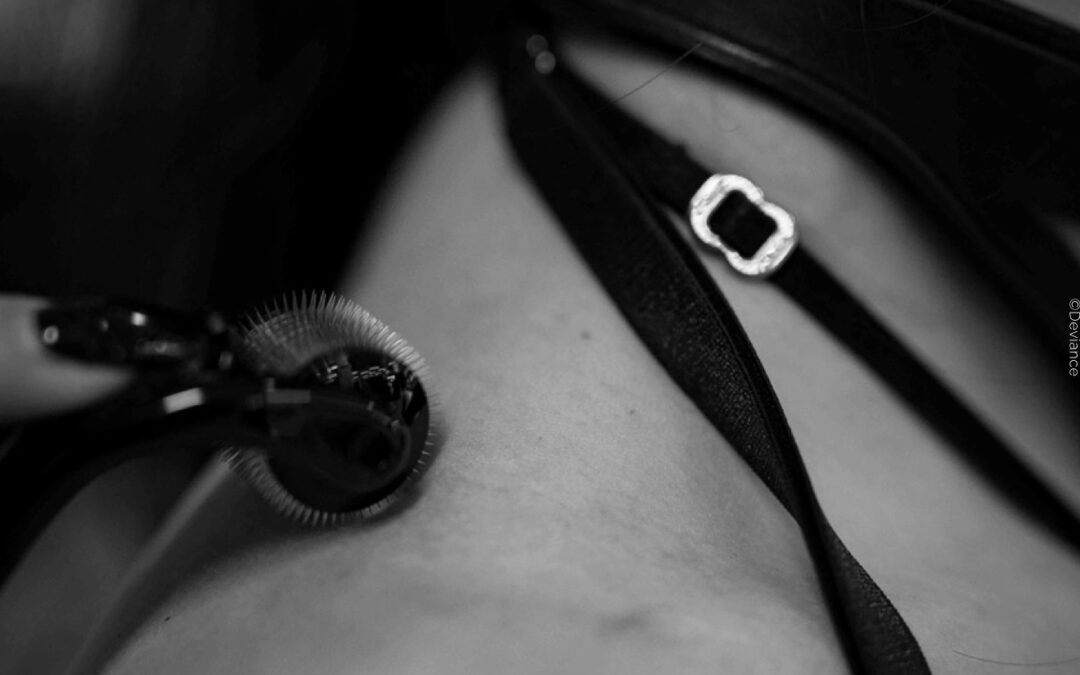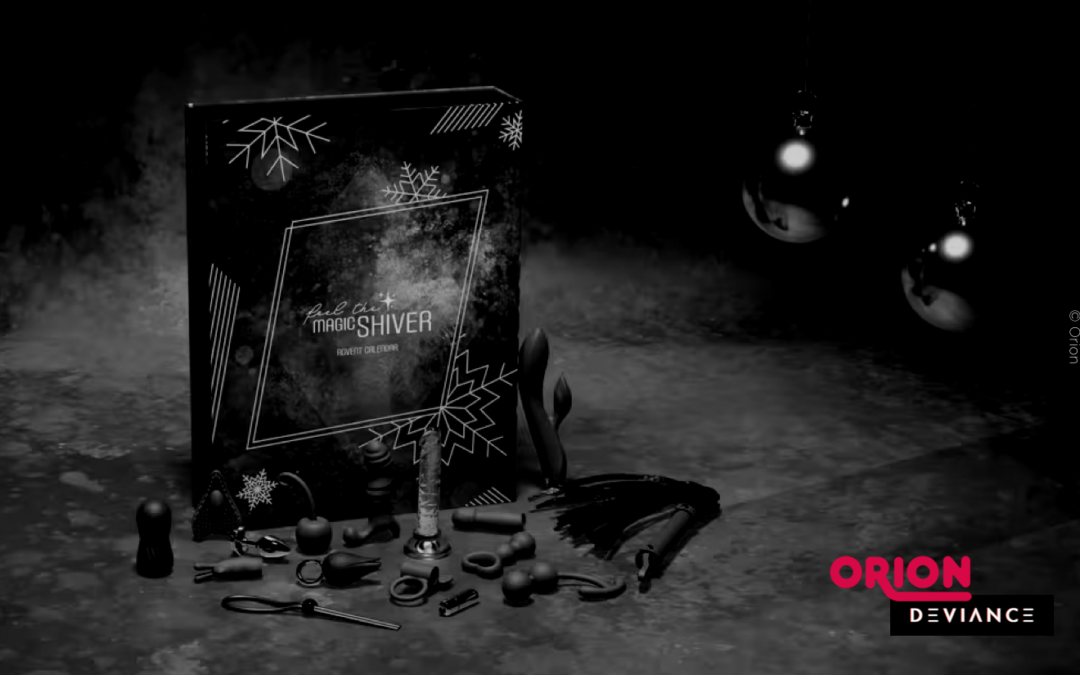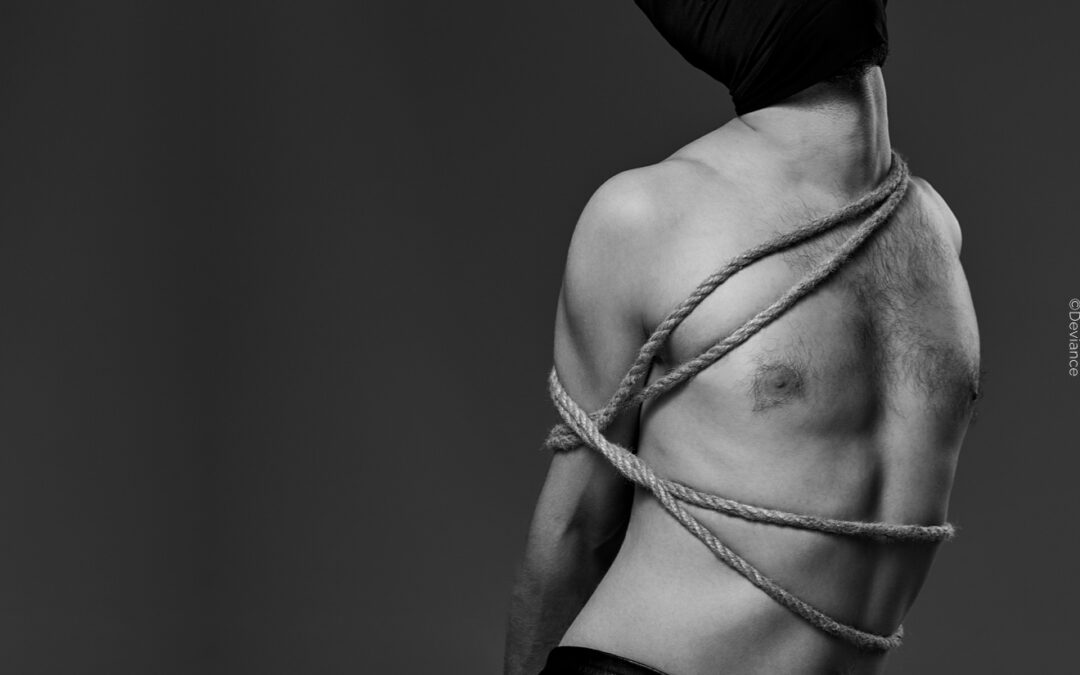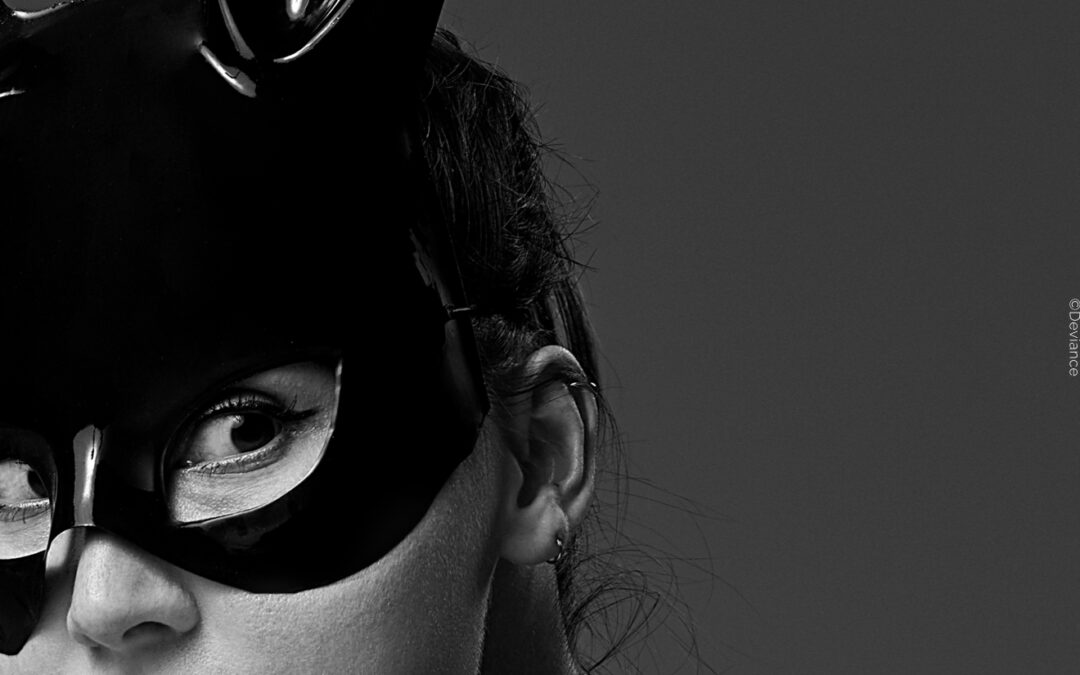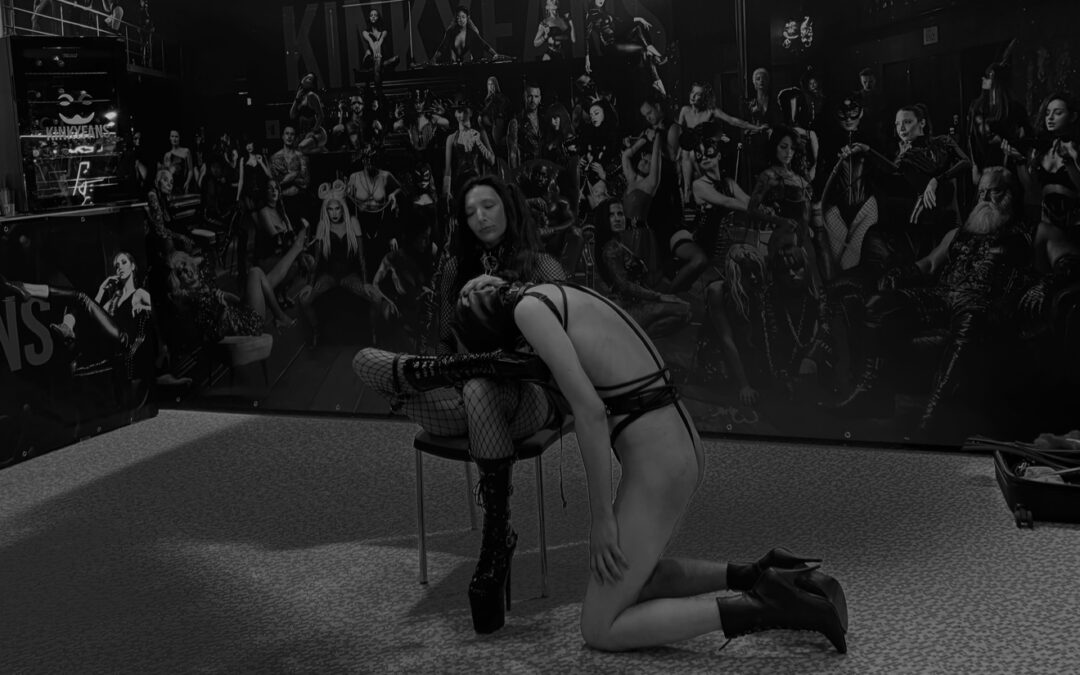Every one of us has been in a relationship where we were not treated well. It doesn’t matter whether it was just minor things or the relationship was even toxic. This behavior can occur in a romantic relationship, friendship or any other type of social relationship, such as with colleagues or superiors.
Although there are some behaviors and characteristics, called red flags, that can expose dangerous people, especially in the getting-to-know-you phase, there are also people who only later turn out to be unhealthy, inconsiderate or manipulative. So-called narcissistic behavior is particularly dangerous, because people with these traits are difficult to identify during the getting-to-know-you phase, as they can be extremely charming and courteous.
This article is primarily aimed at Subs and is intended to give you the opportunity to reflect on your current relationship or perhaps send it to someone who might be in such a relationship.
Not a rarity
Narcissists, so-called Wannabe-Doms and manipulative people are everywhere. The BDSM community is no exception. In fact, the opposite is often the case, as people here are more vulnerable, honest and unconditional than in normal dating life. It’s easier to end up with someone who manipulates, unsettles and restricts you than you think.
But how do you tell the difference between a strict Dom and abusive behavior? Here are ten questions you can ask yourself to see if your relationship shows signs of narcissistic or abusive behavior.
1. Are you afraid of your Dom?
Not of the consequences or the punishment, but of the person. A tight feeling in your chest that automatically sets in? Fear of the outcome of an evening, cold hands at the thought of the encounter? Or even panic before meetings? These are all warning signs that should be taken seriously. Nervousness or a little tingling anxiety are often normal when you have a close emotional bond with someone or a punishment is imminent. However, this feeling should definitely not always be present.
2. Is Dom threatening to leave you or punish you through withdrawal if you don’t obey?
Few things are as cruel as being deprived of a loved one. Sometimes a break can be a good thing for a relationship and giving each other space is very important. The consequence of abandonment, however, is a highly manipulative one because it forces you to act if you don’t want to be “blamed” in the end. Depriving yourself of time together, contact or conversation also leaves you feeling insecure, confused, out of control and alone.
3. Does Dom threaten you with violence if you don’t submit?
Consequences, punishment and rules are not foreign words in BDSM. This also includes actions that are considered violence in other circles. Nevertheless, there is a massive difference to your personal limits, which must be accepted without “if” and “but”.
We’re not talking about a Brat who demands a consequence and provokes a punishment with a cheeky “make sure of it”. Challenging and scratching are common ways of dealing between Tamer and Power Bottom. Arbitrary, unconsensual, non-consensual violence, however, is a different level.
Violence here means “breaking”, overriding agreements, ruthless taking. The mere threat of it does not leave a happy tingling sensation, not even a guilty conscience or slight anger, but fear. Making threats is a clear sign that someone has a tendency towards violence. In fact, threats are already violence. And someone who has crossed this line is ready to become a perpetrator.
4. Is Dom trying to bribe you to do something?
Whether it’s expensive gifts, special trips or other concessions: Bribes are more than clothes, great food or pretty toys. Of course, small motivations can be a good incentive to push yourself a little or offer a reward for an effort. But promising material things for crossing your boundaries is manipulative and dangerous behavior.
5. Does Dom make you feel guilty or self-doubt if you can’t or don’t want to do something?
BDSM can make us feel invincible, and sexual attraction is a unique ambrosia for our self-perception. This is why some egos in the scene can be so inflated, having experienced these intense and revealing experiences. They feel almost priestly in gifting these experiences, leading intense sessions and dynamics. However, some can lose touch with the consequences, status, and well-being of the submissive person.
Because a session can also be destructive. It can push you to the limits of your physical, mental and emotional abilities or capacities. If someone compares you to another person at such a vulnerable moment, belittles you or even attacks this vulnerability, this can have serious consequences for your self-perception.
Critically questioning orders and making derogatory comments about them is also an absolute no-go. On the contrary, it shows a lack of respect if the boundaries you have communicated are repeatedly criticized or ridiculed.
6. Does the person make you feel unwanted and bad about yourself?
Strategic emotional exploitation is on the one hand conscious manipulation, on the other hand it leads straight to dependency. One example of this is constant criticism of your appearance, performance or even your character, because it leads you to question yourself and your decisions more and more and to develop doubts about your judgment, opinions, abilities and appearance. Reflect carefully on whether you have heard any of these in approach or expression from your Dom or Domme.
7. Have you ever felt abused or bad after sexual acts?
Sometimes it takes a moment to process a session or even sex. In a situation where you are directly confronted with your partner, certain actions, gestures or feelings can feel distorted into the positive. This is intensified when you are still on a session high, the endorphins are flowing through your body and the dopamine in your brain is still firing.
But as soon as you feel like you’ve been hurt or pushed into something, or you just feel bad, something has probably gone wrong. You have traces the next day that weren’t discussed and that you can’t look at now? Do you have a phantom sensation of touch that makes you shudder? These are all signs of sexual or physical abuse. The word “abuse” sounds drastic, but is probably appropriate.
8. Were your personal needs, for example for contact, food, rest, clothing or medical care, ignored?
“Dom gets served first” is one of those phrases that can be banished from the BDSM world these days. While many submissive people value the service aspect to their Dom, there are two things that take precedence over all play, pleasure and mindset: your safety and your wellbeing.
Yes, sometimes a session is uncomfortable and that can be fantastic. But there’s a difference between uncomfortable and dangerous for you. Do you need to go to the toilet, need something to eat to stabilize yourself, want a jacket because you’re cold or feel like you have to leave the room? These are cases in which a session should be canceled or interrupted. If your requests are or were ignored, your:e top is not respecting your needs. However, these are essential for your well-being.
You set the boundaries of your physical and mental integrity and the dominant person must adhere to these. If this is not the case, demand it, break off the session if in doubt and make sure that you are okay.
9. Has your Dom questioned your loyalty and faithfulness?
As soon as someone starts a sentence with “If you really…” and continues unironically, alarm bells should ring. If you are in an honest and healthy relationship, then you should be able to talk about everything. Conflicts are never out of the question, but your honesty should never be questioned.
Because loyalty is incredibly important in a D/s relationship, these doubts are particularly painful. Loyalty is a sensitive issue in any relationship, whether open, closed or poly. Questioning it for no reason in order to unsettle you and get your own way is deliberately working against the basis of your relationship.
10. Does your Dom ignore your set boundaries and your safeword?
Your safeword is your emergency parachute, your safety anchor and a clear sign for “stop, no further”. It is similar with set and agreed limits, which must be accepted without ifs and buts. A person who does not recognize these and does not accept a safeword is only focused on their own needs.
Of course, borderline experiences are exciting and intense, and they are often exactly the experiences we want and strive for. But it is important and requires trust in your partner to take these steps towards boundary experiences carefully. A person who is careless or careless about your limits and simply exceeds them is not respecting your self-assessment. If you have clearly communicated “this is my limit” beforehand, anything beyond that is an invasion of your comfort zone.
Draw a conclusion
If you answered “yes” to several or even all of the questions, then you are in a relationship that is not good for you. This doesn’t necessarily have to be a narcissist or someone who is deliberately evil. In the end, the definition doesn’t matter. The only important thing is how you deal with these points and responses and what decisions you make. You can find more information about dangerous behaviors, especially those in the dating phase, here.
Seeking and finding help
If you need help, it’s still best to talk to friends and family. If you find it uncomfortable or too embarrassing to go this route, you can find help through BDSM-specific resources online.

